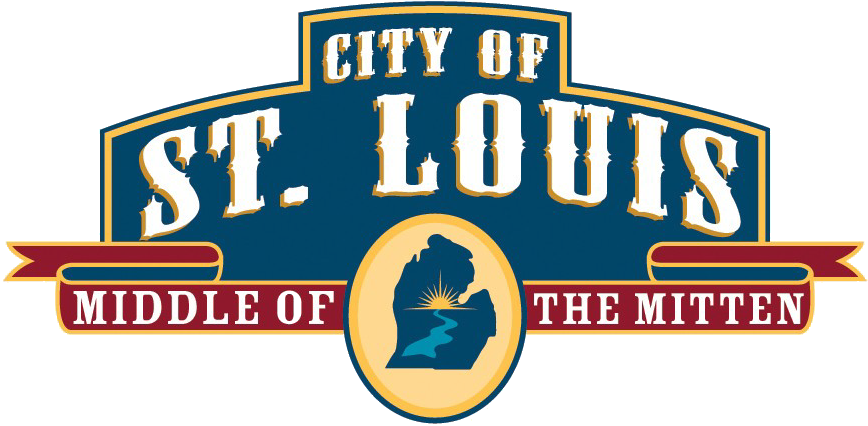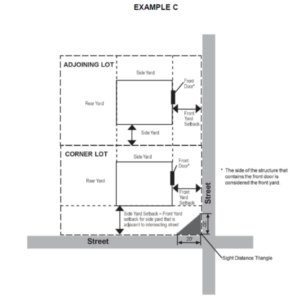ARTICLE II. - ANTI-BLIGHT ORDINANCE
Sec. 38-52. - Purpose.
The purpose of this article is to promote the general health, safety and welfare of the residents and property owners of the city by the regulation, prevention, reduction or elimination of blight or potential blight in the city through the prevention or elimination of certain causes of blight or factors which contribute to blight which exist or which may in the future exist within the city.
Sec. 38-53. - Causes of blight or blighting factors, offenses designated.
On and after the effective date of this article, no person, firm, corporation or entity of any kind shall maintain or allow to be maintained upon any property in the city owned, leases, rented or occupied or possessed by such person, firm, corporation or entity any of the following uses, structures or impurities which are hereby determined to be causes of blight or blighting factors, which, if allowed to exist, will tend to result in blighted or undesirable or neighborhoods and threaten the public health, safety and welfare:
(1) Any parking, storage or accumulation of inoperable motor vehicles, except inside a completely enclosed building, excluding any property for which a valid auto junk or salvage yard license is issued and in effect, for a period in excess of 30 days.
An inoperable motor vehicle is defined as a motor vehicle not in operating condition and eligible for use in accordance with the requirements of the Michigan Vehicle Code being Public Act 300 of 1949 (MCL 257.1 et seq.) as amended. These requirements include, but are not limited to, an engine that runs, four wheels and four tires capable of holding air, current license plates, and a working battery. Nothing contained herein shall prohibit the storage, out of doors, of motor vehicles commonly licensed for farm use, whether such license is currently in effect or not, or recreational motor vehicles and trailers whether currently licensed or not, provided they are otherwise operable.
Likewise, this subsection shall not prohibit the storage of motor vehicles out of doors by a recognized used or new motor vehicle sales establishment, where vehicles so stores or displayed do not have current license plates, provided that the vehicles are otherwise operable pursuant to the above definitions.
(2) The storage of building materials except inside a completely enclosed building in any area zoned A (suburban residential), A-1 (one-family residential), A-2 (two-family residential), A-3 (residential and apartment), A-4 (mobile home park), and C-1 (neighborhood business). The outside storage of building materials in the above-mentioned districts is, however, permitted when stored for the purpose of construction for which construction a valid building permit has been issued by the appropriate county or city building official, and where said materials are intended for use in connection of such construction.
For the purpose of this article, the term "building materials" is defined to include lumber, bricks, concrete, cinder blocks, plumbing materials, electrical wiring or equipment, heating ducts or equipment, shingles, mortar, concrete or cement, nails, screws, or any other materials used in construction of any structure.
(3) The storage or accumulation of junk, trash, rubbish or refuse of any kind in any area, exclusive of any establishment for which a valid junk or salvage yard permit is issued and in effect.
For the purpose of this article, the term "junk, trash, rubbish or refuse of any kind" shall include, without limitation, inoperable vehicles as defined above, metal, iron, steel, copper, brass, zinc, tin, lead, rope, leather, rags, clothing, wood, plastic, paper, glass, garbage, appliances, tires, mobile homes which do not meet minimum standards for habitation by humans, inoperable trailers, home furnishings, or any scrap or waste material of any kind including any parts of the foregoing, but not including domestic refuse stored in such manner as not to create a nuisance for a period not to exceed seven days and not including fire wood stored in an orderly manner.
Sec. 38-54. - Penalties and enforcement.
(a) Violation of this article shall constitute a civil infraction, subjecting the violator, upon a finding of responsibility, to the fines and penalties enumerated in sections 2-216 through 2-221 of this Code. Each day that a violation exists shall constitute a separate offense.
(b) Any violation of this article shall constitute a nuisance per se which at the option of the city council, on request of the building inspector or police officer, may be abated by action in the appropriate court. In the event of a court order which orders abatement of any such nuisance, the city may, if the defendant fails to obey such order, take such measures as necessary or as directed by the court to abate such nuisance and the entire cost thereof, including all costs and attorney fees, shall become a lien against the premises upon which the nuisance was located and shall be added to the tax roles.
(c) This article shall be enforced by the city building inspector, city code enforcer and/or city police department.


